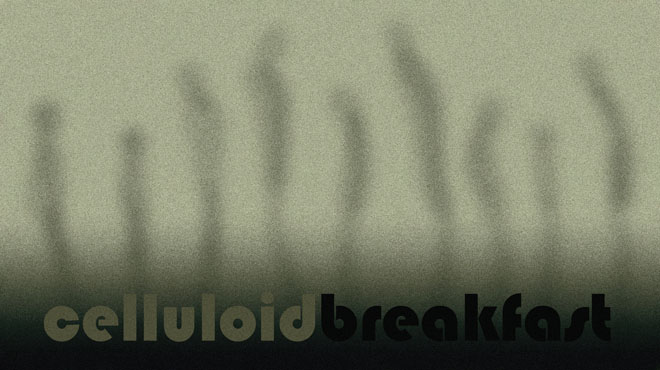Taking its inspiration from Edgar Allan Poe's famous short story, Jean Epstein's expressionist film follows protagonist Allan as he comes to visit his older friend Roderick, an avid painter who has fallen ill with a selection of disparate symptoms. Roderick has little else to do to pass the time except paint portraits of his reticent wife Madeleine (his twin sister in the original story). During his sojourn, our hero spots Madeleine wandering around in a trance on more than one occasion. He soon learns that his companion is held in the throes of something more powerful than illness, and can do little else except bear witness to the ultimate proof of love’s destructive influence.
Assistant director Luis Buñuel is famously supposed to have quit after learning how liberal Epstein planned to be with the source material, but in its extant form, the film is still an incomparable mélange of surrealism and gothic fiction. Epstein was one for trying new cinematic techniques, and in many ways he outdoes his German Expressionist predecessors, with handheld camera work, creative framing and superimpositions of the same image onto itself. The silky soft focus distorts whatever reality is left in the house, reducing Allan’s experience in the house to an illusory nightmare. One striking sequence sees curtains and books floating languorously while the two men dine, Allan’s eyes wrenched open in fear. The film is also significant for its exploration of one individual setting, something it achieves with great success. A near-perfect paradigm of horror.






No comments:
Post a Comment